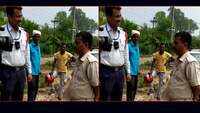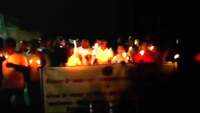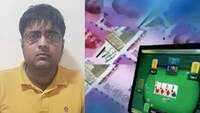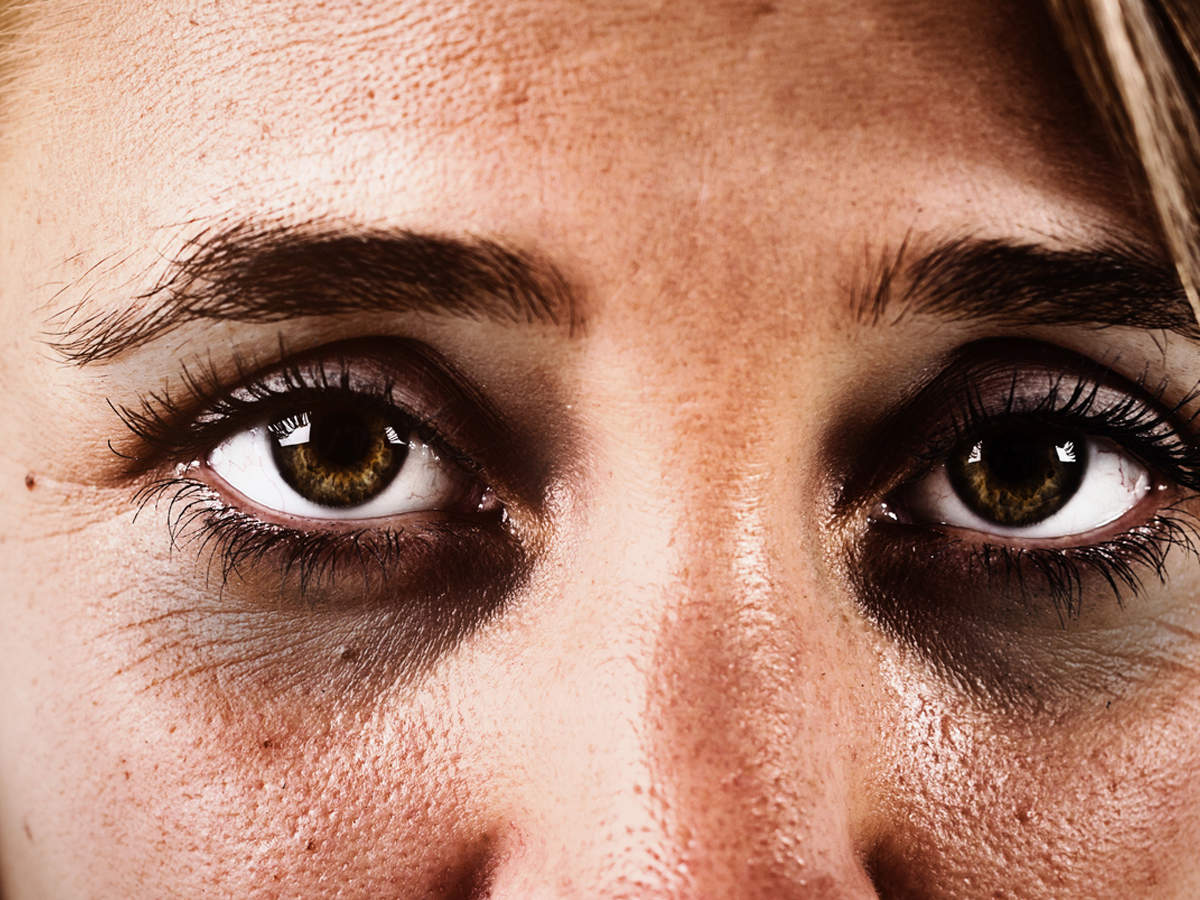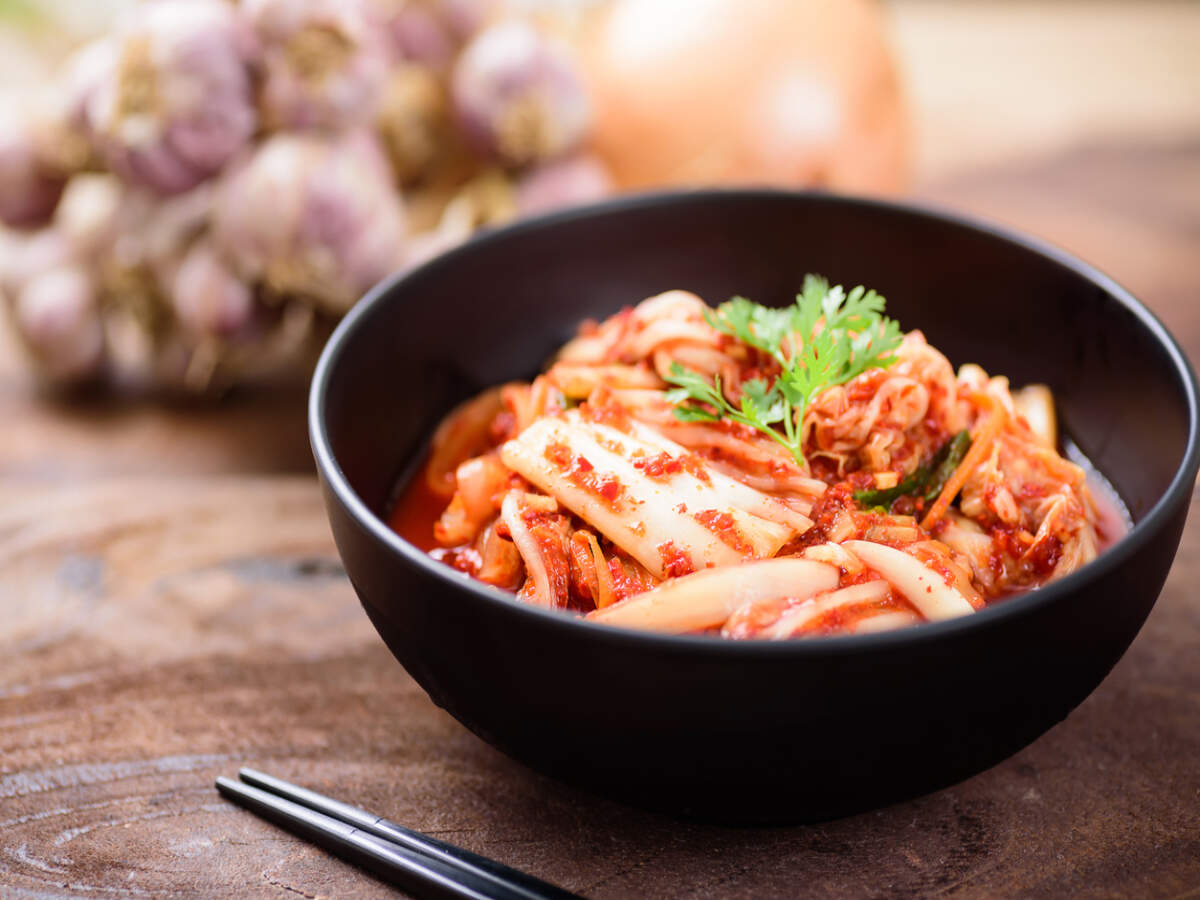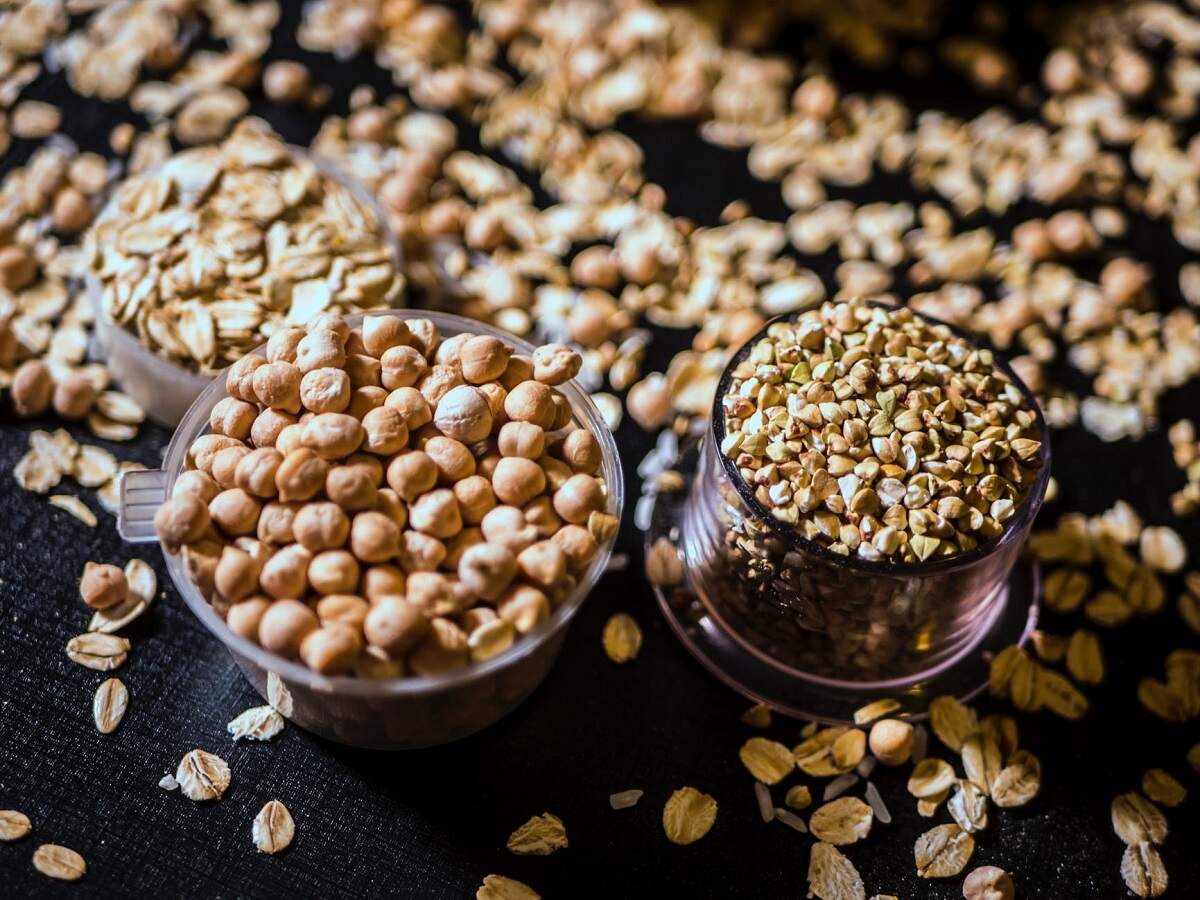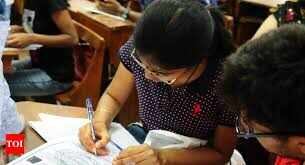
Ludhiana: Highlighting issues related to teaching and education, the Nobel Prize Series India 2019 took place at Punjab Agricultural University (PAU) on Thursday afternoon. During the occasion, 2012 Physics Nobel Prize winner Serge Haroche, accompanied by Juleen Zierath — professor of clinical integrative physiology, and a member of the Nobel Committee at Karolinska Institute in Sweden — interacted and took part in round-table discussions with students and researchers.
Haroche spoke about how basic and applied science nurture each other, with various examples of light. Apart from this, various concepts like thermal radiation and velocity of relativity were discussed. He said, “There is importance of even useless scientific knowledge to convey the values of truth in our troubled world. Beyond its practical usefulness, basic sciences is a triumph of rational thinking, and promotes the notion of truth as opposed to post-truth, illusions, and lies. In science, observation and experimentation deal with real fact, not with alternative facts.”
Zierath shared her reflections on how Nobel Laureates are selected. She said, “It cannot be revealed why someone was not selected for the Nobel Prize,” in reply to a student who asked why Mahatma Gandhi — who was nominated four times for the Nobel Prize — could not get the prize. In reply to a question asked by Gadvasu student Shreya on how scientists work and qualify for the Nobel, she said, “One should have a wide knowledge base and a large interest in a specific field to work towards achieving the Nobel.”
During media interactions, Juleen — who has done research in diabetics — said, “Diabetes is a major concern. It needs encouragement and additional support, which I am ready to provide to Indians.”
More than 1,500 students and researchers witnessed the event at Manmohan Singh Auditorium located near Gate 1. The PAU and National Agri-Food Biotechnology Institute (Nabi) Mohali — in collaboration with the Government of Punjab, Department of Biotechnology, Ministry of Science and Technology, and Nobel Media AB of Sweden —have organized the third edition of the Nobel Prize Series. The series was held on Wednesday in Nabi Mohali, on Thursday in PAU Ludhiana, and will be held in Delhi on Friday.
Free transport to Nabi Mohali
PAU vice-chancellor Baldev Singh Dhillon said, “This series is beyond agriculture. Students and researchers have taken back hope and something to look forward to. Besides this, a month-long exhibition, which has opened to the public at Nabi Mohali is a once-in-a-lifetime opportunity for students, teachers, and the general public to learn about scientific achievements that have contributed to human well-being and advancement. PAU might help in providing transport facilities to those wishing to attend the exhibition.”
The Nobel Prize Series is a multi-disciplinary forum, featuring an exhibition, seminar, lectures, round-tables, and other interactive dialogues. This year, the series is being conducted at Nabi Mohali and PAU Ludhiana, in addition to Delhi from September 11-13. The theme for this year’s programme is teaching and learning. Education is the fundamental pillar of stable democracies, human well-being, and sustainable societies. It is through teaching and learning that citizens become actively engaged in the quest for understanding ourselves and our universe.
Haroche spoke about how basic and applied science nurture each other, with various examples of light. Apart from this, various concepts like thermal radiation and velocity of relativity were discussed. He said, “There is importance of even useless scientific knowledge to convey the values of truth in our troubled world. Beyond its practical usefulness, basic sciences is a triumph of rational thinking, and promotes the notion of truth as opposed to post-truth, illusions, and lies. In science, observation and experimentation deal with real fact, not with alternative facts.”
Zierath shared her reflections on how Nobel Laureates are selected. She said, “It cannot be revealed why someone was not selected for the Nobel Prize,” in reply to a student who asked why Mahatma Gandhi — who was nominated four times for the Nobel Prize — could not get the prize. In reply to a question asked by Gadvasu student Shreya on how scientists work and qualify for the Nobel, she said, “One should have a wide knowledge base and a large interest in a specific field to work towards achieving the Nobel.”
During media interactions, Juleen — who has done research in diabetics — said, “Diabetes is a major concern. It needs encouragement and additional support, which I am ready to provide to Indians.”
More than 1,500 students and researchers witnessed the event at Manmohan Singh Auditorium located near Gate 1. The PAU and National Agri-Food Biotechnology Institute (Nabi) Mohali — in collaboration with the Government of Punjab, Department of Biotechnology, Ministry of Science and Technology, and Nobel Media AB of Sweden —have organized the third edition of the Nobel Prize Series. The series was held on Wednesday in Nabi Mohali, on Thursday in PAU Ludhiana, and will be held in Delhi on Friday.
Free transport to Nabi Mohali
PAU vice-chancellor Baldev Singh Dhillon said, “This series is beyond agriculture. Students and researchers have taken back hope and something to look forward to. Besides this, a month-long exhibition, which has opened to the public at Nabi Mohali is a once-in-a-lifetime opportunity for students, teachers, and the general public to learn about scientific achievements that have contributed to human well-being and advancement. PAU might help in providing transport facilities to those wishing to attend the exhibition.”
The Nobel Prize Series is a multi-disciplinary forum, featuring an exhibition, seminar, lectures, round-tables, and other interactive dialogues. This year, the series is being conducted at Nabi Mohali and PAU Ludhiana, in addition to Delhi from September 11-13. The theme for this year’s programme is teaching and learning. Education is the fundamental pillar of stable democracies, human well-being, and sustainable societies. It is through teaching and learning that citizens become actively engaged in the quest for understanding ourselves and our universe.
Trending Topics
LATEST VIDEOS
More from TOI
Navbharat Times
Featured Today in Travel
Quick Links
Lok Sabha Election Schedule 2019Lok Sabha Election NewsDelhi Capitals teamMI team 2019Rajasthan Royals 2019RCB team 2019Maharashtra Lok Sabha ConstituenciesBJP Candidate ListBJP List 2019 TamilnaduShiv Sena List 2019AP BJP List 2019Mamata BanerjeeBJP List 2019 MaharashtraPriyanka GandhiBJP List 2019 KarnatakaAMMK Candidate List 2019BJP List 2019 WBLok Sabha Elections in Tamil NaduBSP List 2019 UPNews in TamilLok Sabha Poll 2019Satta Matka 2018PM ModiMahagathbandhanNagpur BJP Candidate ListChandrababu NaiduTamil Nadu ElectionsUrmila MatondkarNews in TeluguMadras High CourtTejashwi YadavArvind KejriwalTejasvi SuryaPawan KalyanArvind KejriwalYogi AdityanathJaya PradaSatta King 2019Srinagar encounter
Get the app

